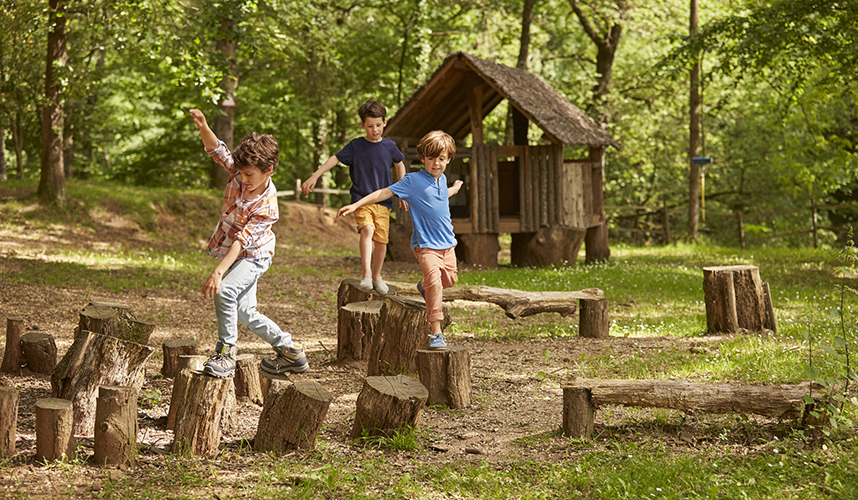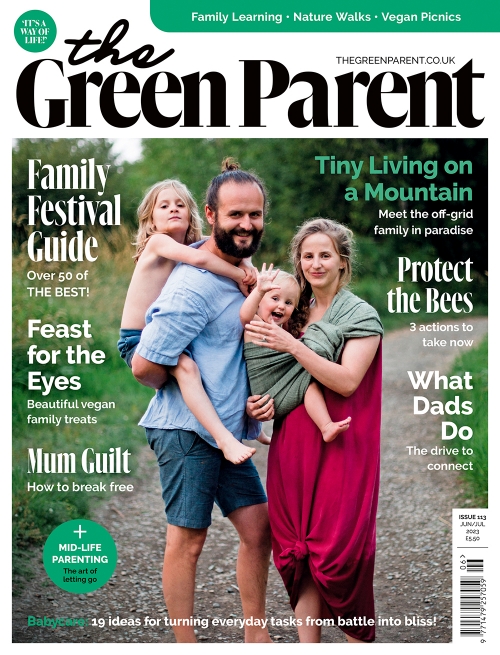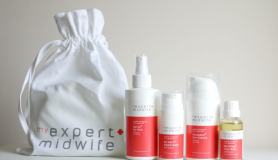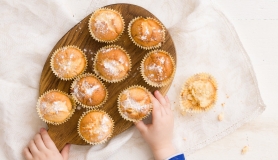Unschooling looks, from the outside perhaps, like a laissez-faire, super relaxed, do-nothing-and-see-what-happens type of approach to education. One for the hard-core home educators. It was something I became interested in many years ago. Not because I was keen to do nothing (although, doing less was certainly high on my agenda). But instead ‘unschooling’ became a way of thinking about life and education out of a necessity. Trying to get smaller people to do things they are not interested in was hard and bred disconnection. It broke trust and fed on fear.
For able and willing parents, unschooling might be the best chance at achieving an education for their children that fosters self-direction, self-growth and interested learned adults as an end product.
What does unschooling really look like then? Each person will need a blank page for that answer and each person will hopefully fill it in differently. And even more hopefully they will be filling it in alongside the child in question (ideally handing over the pen). It will look like what is needed, daily, hourly, for you and your child to live and learn well together.
“The biggest and most powerful thing about any true learning, motivation or lasting interest is this: it must be non-coercive”
Children need to know how to read and write and be able to work things out in mathematical and scientific ways, fully able to know how to call upon any information they need. How they arrive there will depend upon child and parent. They and you will figure out how they learn best.
The biggest and most powerful thing about any true learning, motivation or lasting interest is this: it must be non-coercive.
The moment coercion begins is the moment true learning stops. And there will be errors and mistakes. You are learning too. Admit the error, say ‘I realise you didn’t want to sit and read with me yesterday, I’m sorry I forced it.” You might have to wait three weeks to hear your child read, because they’re figuring out if you mean what you say. Or maybe, as I did yesterday, you will hear your child reading book after book after book outside on the grass to the dog, after zero interest for many weeks.
Your child may feel that you don’t trust them. They may be right; do you trust them to learn anything if you (or another adult) are not there to check they are? Maybe you will have a child that loves to write every day and this won’t be your issue at all. You will have a child that wants to write shopping lists and letters and stories and poems. You may instead struggle with a child that never ever wants to wear anything other than pj’s or a child that sees no value in learning anything mathematical.
I have children of all ages, toppling over into adulthood or just starting out to enjoy reading alone and all in between. I’m a qualified teacher, but only recently and I’m so exceedingly glad I was not at the start. How I would have messed them up if I’d started out with my theories and ideas and Pinterest boards with little (initially interested) human subjects to test it all on! However I allowed them, in my innocence just to play. And from their play sprung *all* of their learning and passionate interests.
It turns out that when a child doesn’t learn what you are teaching they are simply a) not interested right now or b) too young. Or c) both. Genuine interest and being old enough to be interested are not to be underestimated. In fact, are crucial.
I’ve read so many studies, reports and text books, theories and theorists. And there are two things to note: one from a study I read 20 years ago when pregnant with my first child; that children who spent time with their grandparents rather than go to pre-schools or nursery had triple the vocabulary of their peers, by school age.
The second was trust right from the start: I trusted my babies needed me when they cried. I trusted that they needed feeding again even though they had fed only 20 minutes earlier. I trusted that they needed to be held when they indicated so. This trust led me on to realise that when they preferred play to anything else that was best for them. Without coercion they were free to know themselves, their bodies, their interests. Of course, I got stuff wrong and continue to do so. But I trust them. I trust them more perhaps than I trust my own feelings and inclinations, that I in turn was taught during my own childhood to mistrust.
Unschooling for me has been a willingness to lean towards connection, trust and non-coercion: The foundations of a decent education.
As such it is not available inside a classroom in your local state school. It is not perhaps unwillingness of teachers to explore or pioneer new ways of learning but rather, a lack of space and time within the regime of the National curriculum framework and testing mindset that prevails within it. For testing is the antithesis of unschooling. In order to pursue an interest-based curriculum, adult to child ratios would need to be higher than they currently stand and ultimately a lack of funding would not support this educational model.
Therefore, unschooling is primarily a model for home life and home learning. Which is exactly where we all are right now. Experiment, unlearn. Enjoy!
Claire is a home maker, home educator, sometimes even home birther. Mother of four seeks sanity by writing about daily life.






